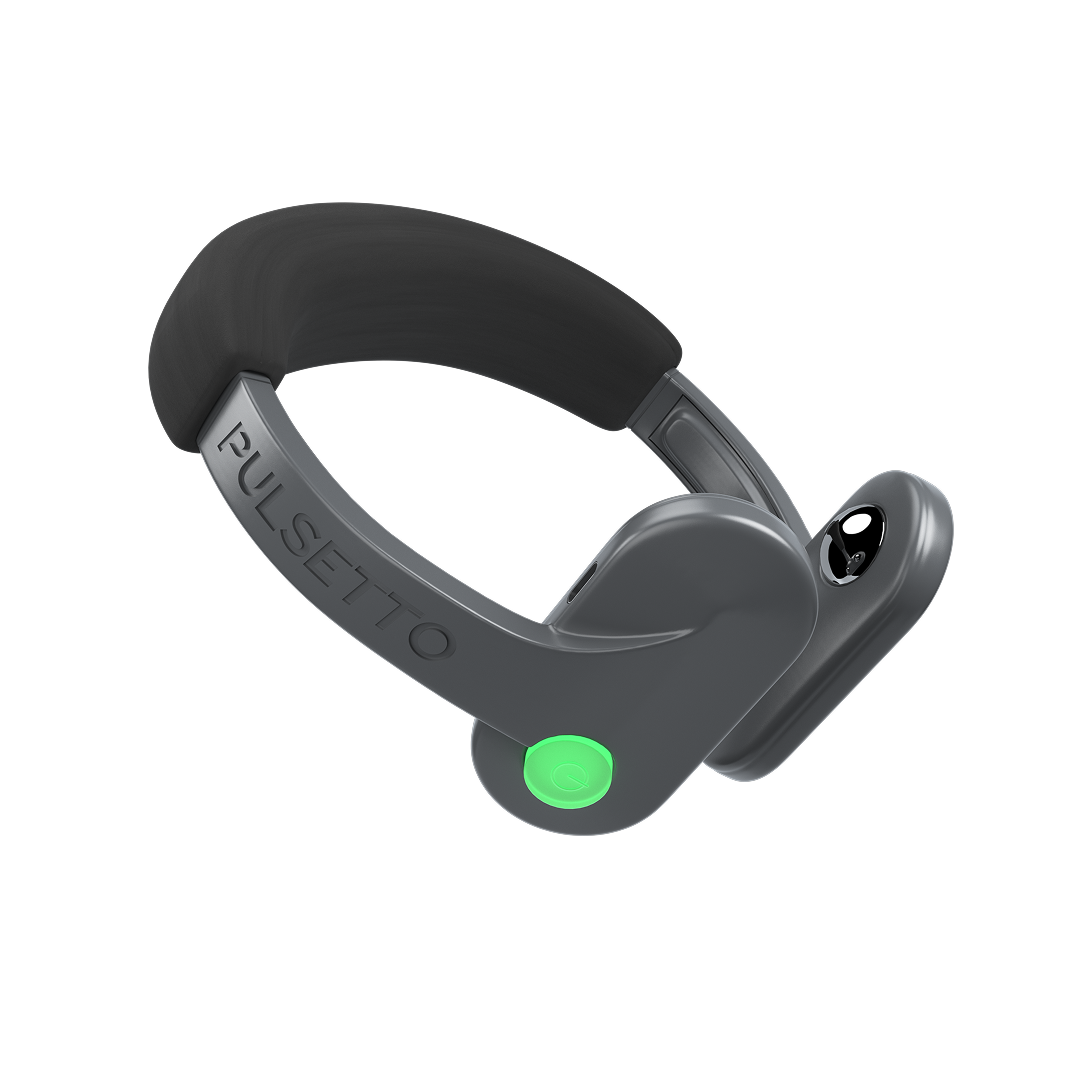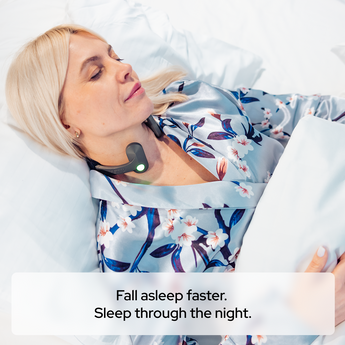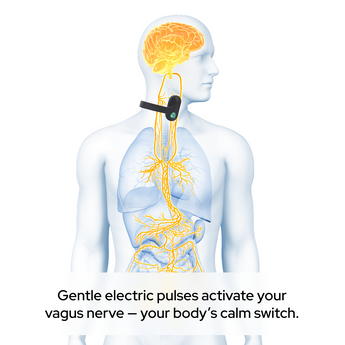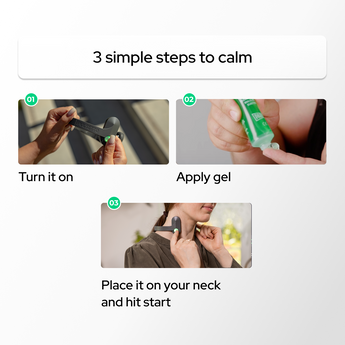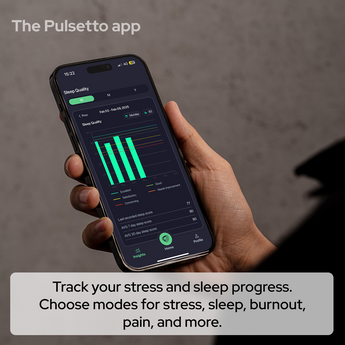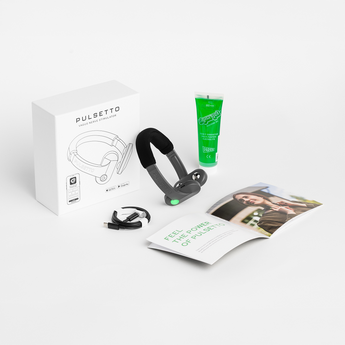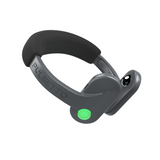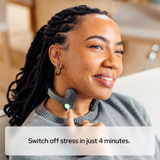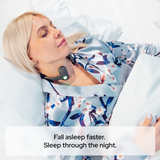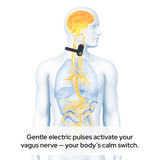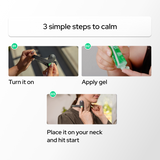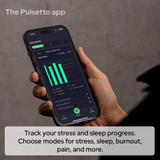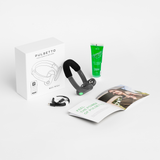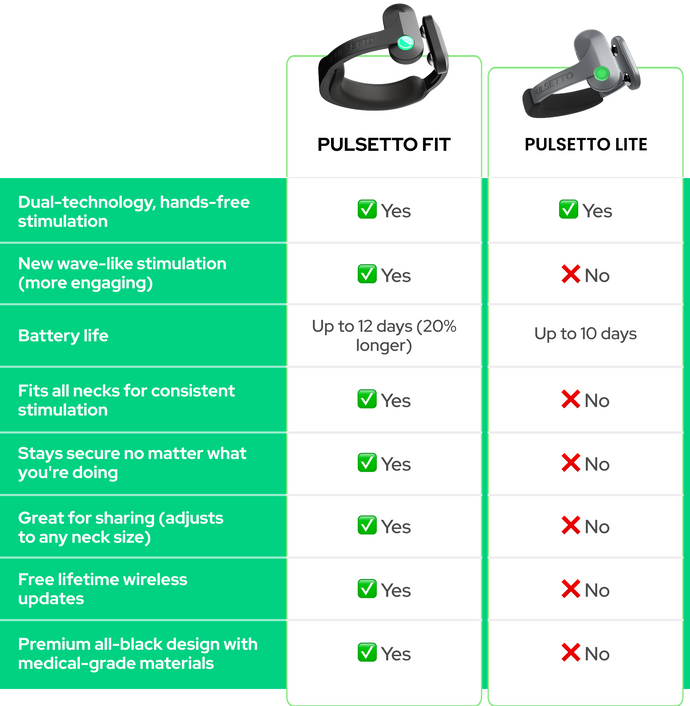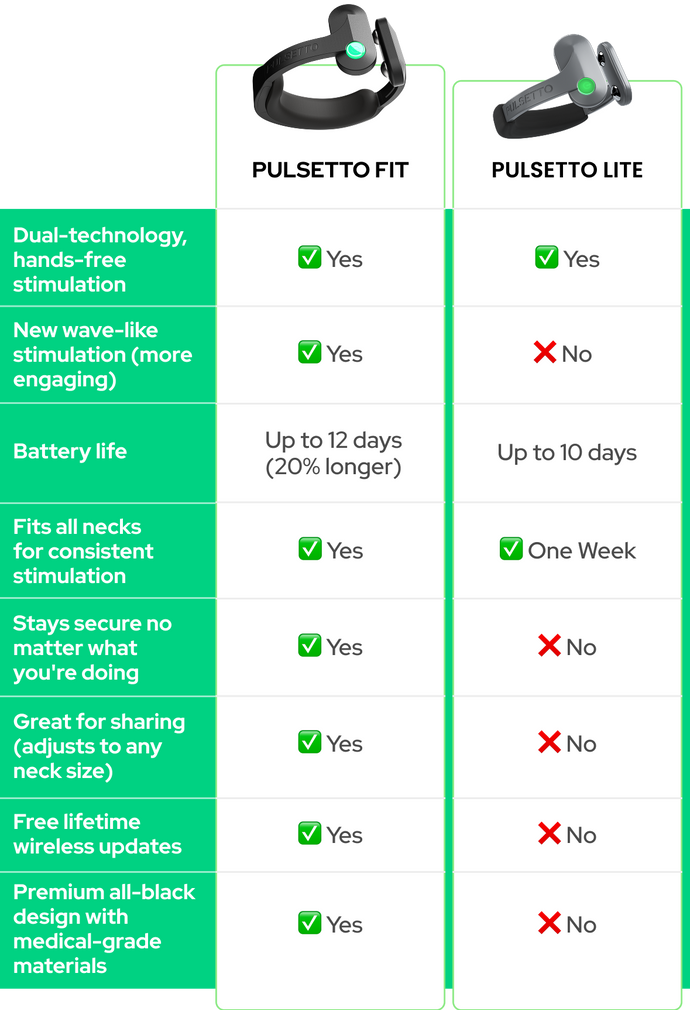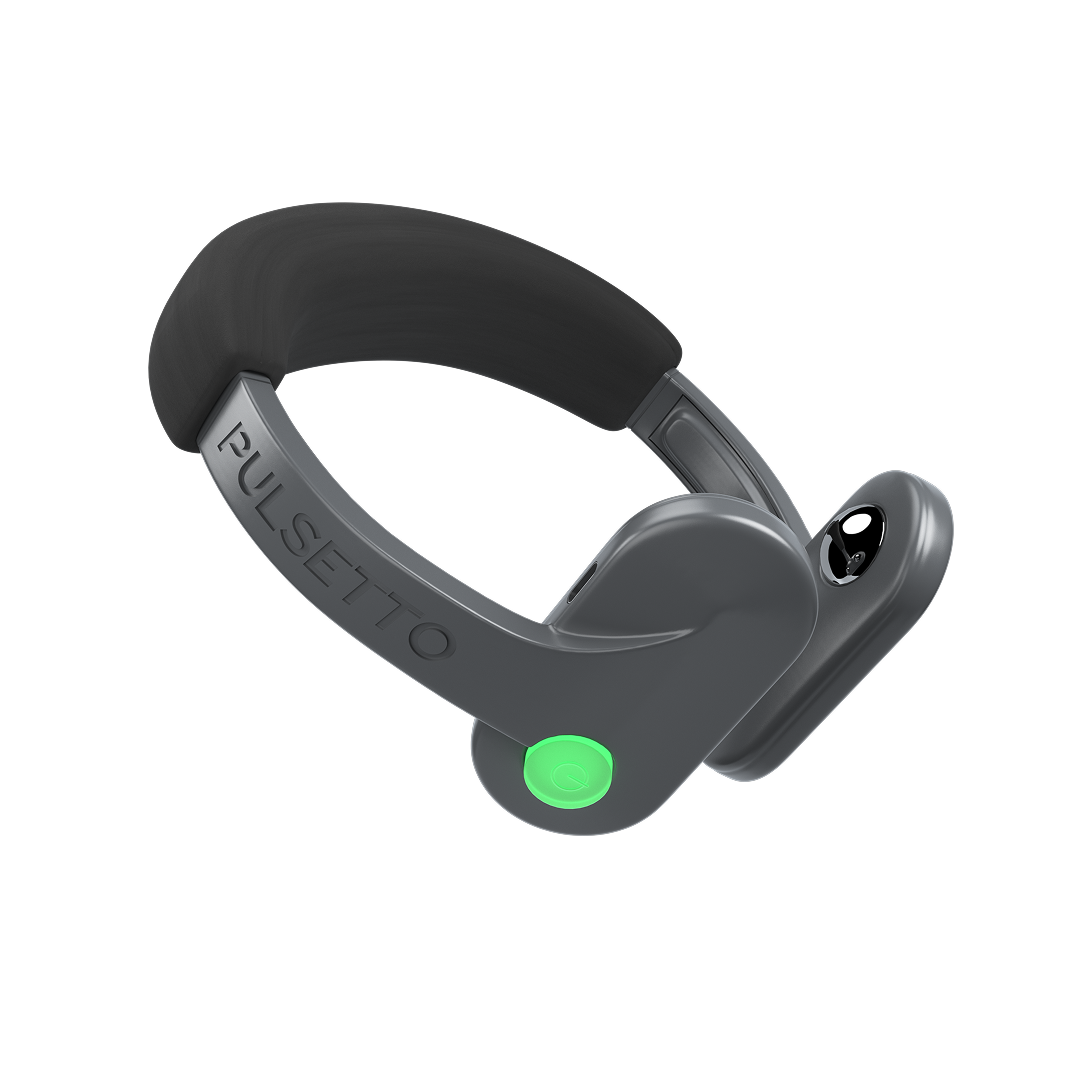Polar Watch Nightly Recharge HRV Score
Your HRV score is a critical component of the Nightly Recharge feature. It shows how well your autonomic nervous system (ANS) calmed down during the night. A higher HRV score generally indicates that your body is in a good state of recovery and is better equipped to handle stress and physical demands.
How Does Polar Watch Nightly Recharge Track HRV Score?
Polar Watch Nightly Recharge uses advanced sensors to track your HRV throughout the night. These sensors measure the time intervals between each heartbeat, providing a detailed look at your heart activity. The data is then analyzed to give you a comprehensive Nightly Recharge status, which you can view on your watch or through the Polar Flow app.
The Nightly Recharge feature evaluates recovery based on two key components:
-
Sleep Charge: This measures the quality and duration of your sleep, indicating how restorative it was for you.
-
ANS Charge: This assesses how well your autonomic nervous system calmed down during the early hours of sleep and reflects your body’s ability to recover from stress.
Both components are determined by comparing a night's data to your average levels over the last 28 days. Your watch automatically monitors both sleep charge and ANS charge throughout the night.

Wear your watch while you sleep and wear it for three consecutive nights to start seeing the Nightly Recharge status.
By analyzing the balance between these two systems, the Polar Watch can provide a detailed look at your autonomic function, which is crucial to understanding your HRV score.
Interpreting Polar Watch Nightly Recharge HRV Score
The Nightly Recharge status has the following scale:
- Very Poor
- Poor
- Compromised
- Ok
- Good
- Very Good
When you check your Polar Watch or Polar Flow app, you'll see the Nightly Recharge status as measured throughout the night. If you notice that your status is consistently very poor, you might want to focus on improving your sleep quality or reducing stress.
Analyzing ANS Charge Score

The scale for your ANS charge score is -10 to +10.
An ANS charge score around zero is your normal level. The ANS controls whether your body is in "fight or flight" mode (sympathetic nervous system) or "rest and digest" mode (parasympathetic nervous system). A higher ANS charge means your body is more focused on resting and digesting than usual.
HRV score won’t be shown on the watch or app directly. You can check the ANS charge score instead since the ANS charge score is calculated from three parameters - heart rate, heart rate variability, and breathing rate which are measured during the first four hours of your sleep.

Here’s how the Nightly Recharge status will look on your Polar watch or app.
If you still want to see the HRV score, click on the app for the detailed scores for all three parameters.

Here’s how your HRV score will display on the app.
Analyzing Sleep Charge Score
The scale of the sleep score is 1 to 100. A normal sleep score is around 70 to 85. You’ll also have additional statuses which are:
- Much Below Usual
- Below Usual
- Usual
- Above Usual
- Much Above Usual

A green status means that your sleep charge was as usual or better than usual.
Sleep charge is a combination of three components - sleep amount, sleep solidity, and sleep regeneration.
-
Sleep Amount: Measures the total duration of your sleep, comparing it to optimal sleep times based on age recommendations and personal settings.
-
Sleep Solidity: Assesses the quality of sleep by evaluating the number and pattern of interruptions, aiming for long, uninterrupted sleep periods.
-
Sleep Regeneration: Focuses on the quality of sleep by analyzing the proportions of restorative stages, such as REM and deep sleep, which are crucial for mental and physical recovery.

You can check the app to know the detailed score for each component.
Ways to Increase Your Polar Watch Nightly Recharge HRV Score
Exercise
Exercise is one of the most effective ways to increase your Polar Nightly Recharge HRV score. Regular physical activity improves cardiovascular fitness, reduces stress, and enhances overall well-being, all of which contribute to higher HRV scores.
Types of Exercise
Different types of exercise can impact your HRV in various ways. Aerobic exercises like running, swimming, and cycling are excellent for improving cardiovascular health. Strength training, on the other hand, helps build muscle and improves metabolic health.

Yoga and other forms of mindful movement can reduce stress and improve flexibility, further boosting HRV.
Optimal Exercise Duration
Aim for at least 150 minutes of moderate aerobic activity or 75 minutes of vigorous activity each week. You can break this down into manageable sessions, such as 30 minutes of exercise five days a week. Overdoing it can lead to fatigue and lower HRV, so you must find a balance.
Best Time to Exercise
The best time to exercise can vary from person to person. Some people find that exercising in the morning helps them start the day with energy, while others prefer evening workouts to unwind. The most important thing is to choose a time that fits your schedule and allows you to be consistent.
Diet
Your diet plays a significant role in determining your HRV score. A balanced diet rich in nutrients can improve cardiovascular health and reduce inflammation, which contributes to higher HRV scores. Here’s what you can do to improve your diet.
- Eat a variety of fruits and vegetables.
- Include lean proteins like fish, chicken, and legumes.
- Opt for whole grains over refined grains.
- Limit sugar and processed foods.
- Stay hydrated by drinking plenty of water.
Foods That Boost HRV
Foods that boost HRV scores include salmon and flaxseeds, which are rich in anti-inflammatory omega-3 fatty acids. Leafy greens like spinach and kale are high in antioxidants that support heart health. Nuts and seeds provide essential nutrients like magnesium and potassium, which contribute to a healthy heart rhythm.
Meal Timing
When you eat is almost as important as what you eat. Eating large meals late at night can disrupt your sleep and negatively impact your HRV. Aim to have your last meal at least 2-3 hours before bedtime to give your body ample time to digest. Consistent meal times can also help regulate your body's internal clock, contributing to better sleep and higher HRV.
Hydration
Staying hydrated is crucial for maintaining good HRV. Dehydration can affect your heart rate and make it harder for your body to recover from physical and mental stress. Aim to drink at least eight 8-ounce (or 240ml) glasses of water a day, and more if you're active or live in a hot climate. Carry a water bottle with you to make it easier to stay hydrated throughout the day.
Supplements
Supplements can be a helpful addition to your diet, especially if you're not getting all the nutrients you need from food alone. But use them wisely and consult with a healthcare provider before starting any new supplement regimen.
Recommended Supplements for HRV
Several supplements have been shown to improve HRV. Omega-3 fatty acids, found in fish oil supplements, are excellent for heart health. Magnesium supplements can help regulate heart rhythm and reduce stress. Coenzyme Q10 is another supplement that supports cardiovascular health and can boost HRV.
How to Safely Use Supplements
When using supplements, it's crucial to follow the recommended dosages and consult with a healthcare provider. Over-supplementing can lead to adverse side effects. Choose high-quality supplements from reputable brands so you get all the nutrients you need.
Sleep
Quality sleep is perhaps the most critical factor in improving your HRV. During sleep, your body undergoes various restorative processes that are essential for recovery and overall well-being. Poor sleep can significantly lower your HRV.
Improving Sleep Quality
Improving your sleep quality starts with creating a bedtime routine that signals to your body that it's time to wind down. Avoid screens at least an hour before bed, as the blue light can interfere with your sleep cycle. Instead, engage in calming activities like reading a book or taking a warm bath. Try to go to bed and wake up at the same time every day, even on weekends.
Ideal Sleep Environment
Your sleep environment plays a significant role in the quality of your rest. Ensure your bedroom is cool, dark, and quiet. Invest in a comfortable mattress and pillows that support your body. If noise is an issue, consider using earplugs or a white noise machine.

Blackout curtains can help keep your room dark, promoting better sleep.
Pulsetto Vagus Nerve Stimulation and HRV
Improving your Polar Watch Nightly Recharge HRV score involves a holistic approach that includes exercise, a balanced diet, proper supplementation, and quality sleep. Each of these factors plays a crucial role in enhancing your overall well-being and helping your body recover from daily stressors.
You can also use Pulsetto–a vagus nerve stimulator–to monitor and increase your HRV score.
It targets the vagus nerve, a key component of the parasympathetic nervous system responsible for the body's relaxation response. By stimulating this nerve, Pulsetto activates the parasympathetic system, which helps to counteract the stress-induced fight-or-flight response of the sympathetic nervous system.

Pulsetto device placed on the neck.
Pulsetto uses non-invasive electrical signals delivered through electrodes placed around the neck. These signals modulate the nervous system, promoting a state of relaxation. This process can lower heart rate, reduce blood pressure, and slow breathing, contributing to a sense of tranquility and higher HRV score.
Benefits of Using Pulsetto

The Pulsetto device with a description of its benefits.
Here are some of the health benefits of using Pulsetto:
-
Reduced Stress: Users often report a significant decrease in stress levels following consistent use of Pulsetto, as the stimulation helps to activate the body's natural relaxation mechanism.
-
Decreased Anxiety: The calming effects of vagus nerve stimulation can help alleviate feelings of anxiety and promote a more stable emotional state.
-
Improved Sleep Quality: Enhanced relaxation and reduced stress can lead to better sleep patterns.
-
Pain Management: Some users have experienced relief from chronic pain conditions, as VNS has been shown to modulate pain perception.
-
Increased HRV: Regular Pulsetto use can lead to significant improvements in HRV, indicating better autonomic regulation and stress resilience.
-
Holistic Health Integration: Pulsetto can be easily integrated into a broader wellness regimen, complementing other practices such as meditation, exercise, and healthy lifestyle choices.
Experience the calming effect of Pulsetto today!
Frequently Asked Questions (FAQ)
How does the Polar Watch track HRV?
The Polar Watch uses advanced sensors to monitor HRV by measuring time intervals between heartbeats, providing data on your sleep charge and autonomic nervous system (ANS) charge for a comprehensive recovery assessment.
How can I improve my HRV score using the Polar Watch?
Improving your HRV score involves regular exercise, a balanced diet, proper supplementation, and quality sleep. Staying hydrated and maintaining a consistent sleep schedule are also important.
What role does Pulsetto play in improving HRV?
Pulsetto is a vagus nerve stimulator that helps enhance HRV by promoting relaxation and reducing stress, which complements the insights provided by the Polar Watch Nightly Recharge.
What is a good HRV score?
A good HRV score varies from person to person, but generally, a higher HRV indicates better recovery and resilience to stress. It's essential to track your HRV over time to know your established baseline.
How often should I check my HRV score?
Checking your HRV score daily can provide valuable insights into your recovery and overall well-being. The Polar Watch Nightly Recharge feature makes it easy to track your HRV every morning.
Can stress affect HRV?
Yes, stress can significantly impact your HRV. High levels of stress activate your sympathetic nervous system, leading to a lower HRV. Managing stress through relaxation techniques and mindfulness can help improve your HRV.
Do HRV scores vary by age?
Yes, HRV scores can vary by age. Generally, younger individuals tend to have higher HRV scores compared to older adults. However, maintaining a healthy lifestyle can help improve HRV at any age.




